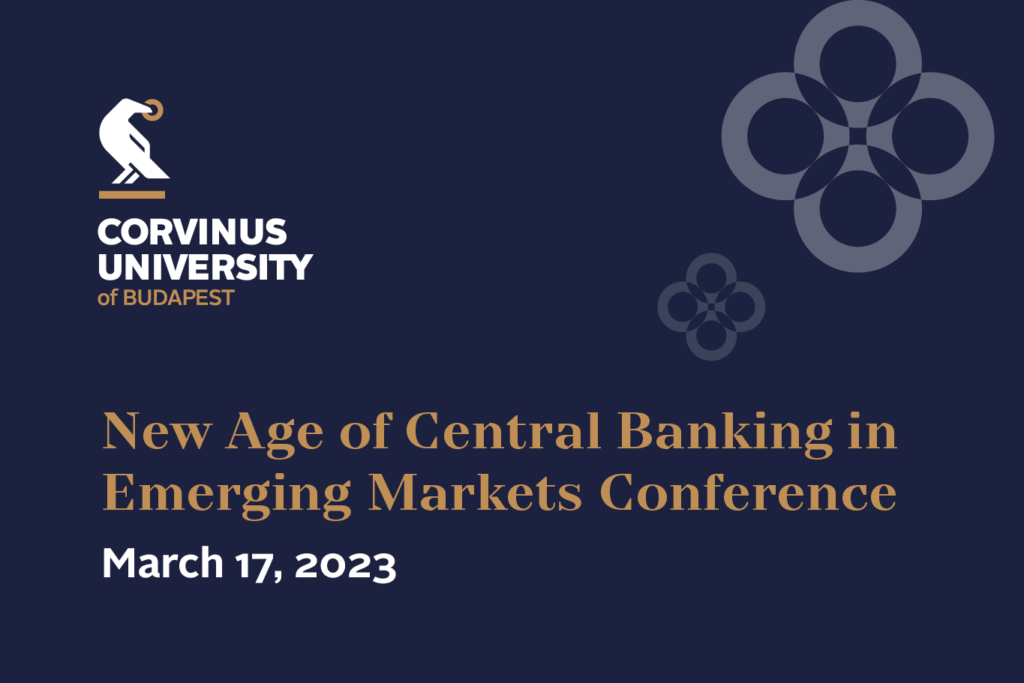The leaders of the world’s oldest international financial organisation visit Hungary for the first time

On the occasion of the conference titled New Age of Central Banking in Emerging Markets, this is the first time the leaders of the Bank for International Settlements (BIS) visit Hungary. At the start of the professional event on March 17, Agustin Carstens, Managing Director of the BIS, former Governor of the Bank of Mexico, former Minister of Finance in Mexico and former Deputy Managing Director of the International Monetary Fund will receive an honorary doctorate from the Rector of the Corvinus University, Előd Takáts. This will be the first time that a leading official of the BIS founded in 1930 visits Hungary.
At the conference, the senior professionals and researchers of the BIS, the LSE, the MNB, the Corvinus University, the International Monetary Fund (IMF), the Hungarian Banking Association and the University of Cambridge will share their knowledge. In the morning session, professional discussion will take place about the issue whether emerging markets’ monetary policy frameworks are better equipped to react to inflationary pressures. What roles have institutional development and governance in emerging markets played during the past two decades? Have there been clear gains for early starter emerging markets from policy tightening? To what extent systemic central banks such as the Federal Reserve and the European Central Bank have helped emerging market counterparts with currency swaps and repos? Is there a risk today of a global “over-tightening” by central banks around the world, in reaction to global inflationary pressures? Emerging market institutions used to lag behind those in advanced economies. Yet, catching up had been underway before the pandemic already, particularly in central banking. Then, after the pandemic, central banks in major emerging markets have responded faster and more aggressively to signs of emerging inflation than their peers in advanced economies. Their timely reaction may have staved off higher inflation and larger capital outflows.
In the afternoon panel, the attendees will examine recent financial innovations, especially the advantages and disadvantages of the introduction of central bank digital currencies (CBDCs). The detailed programme is available on the website of the Corvinus.